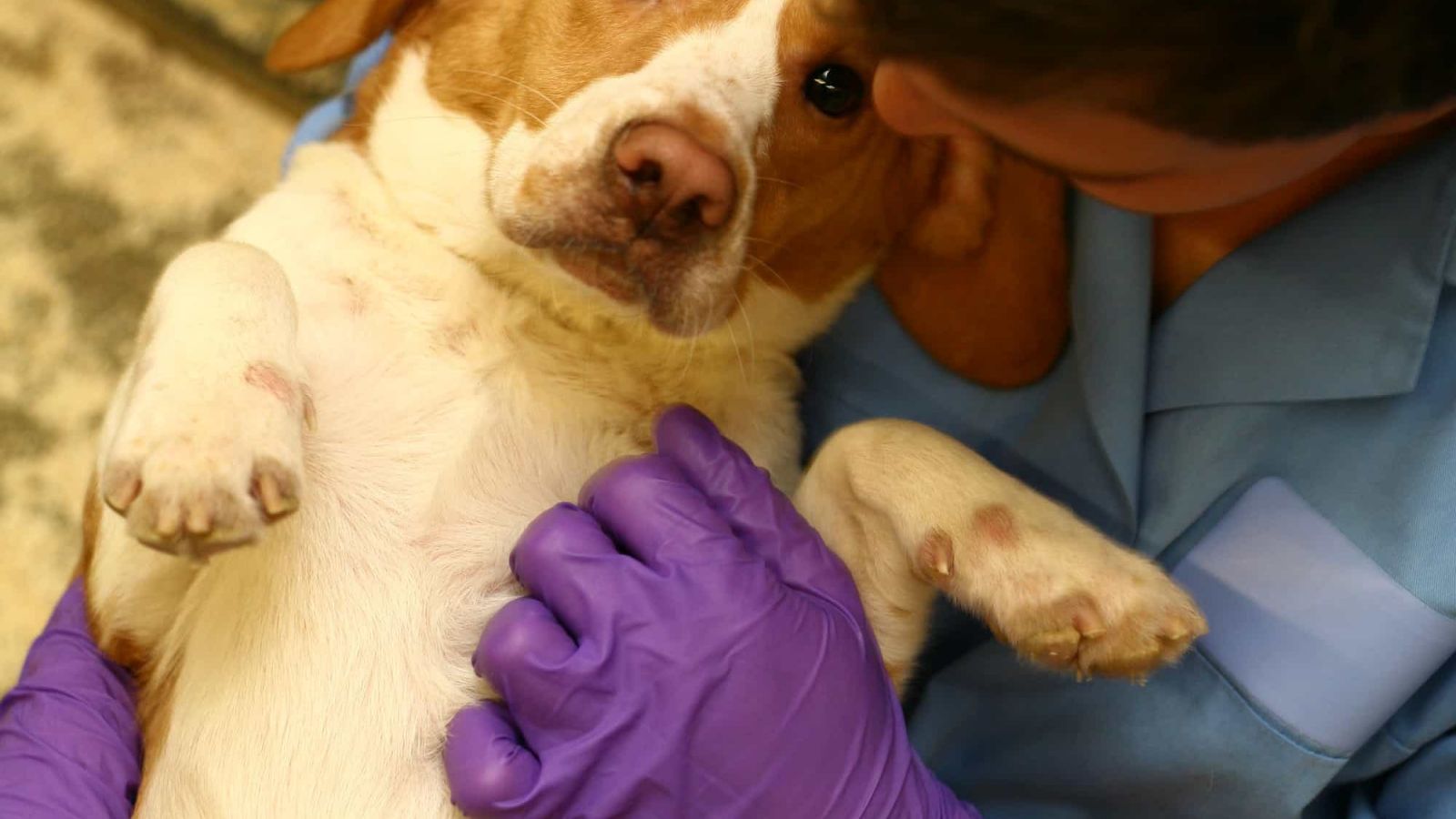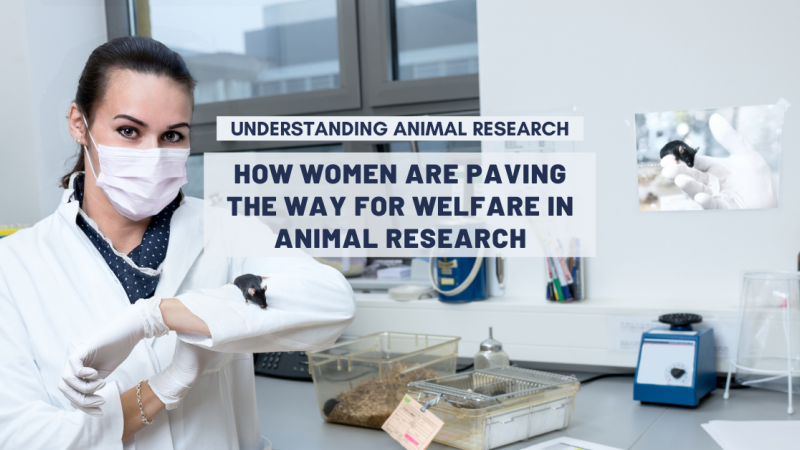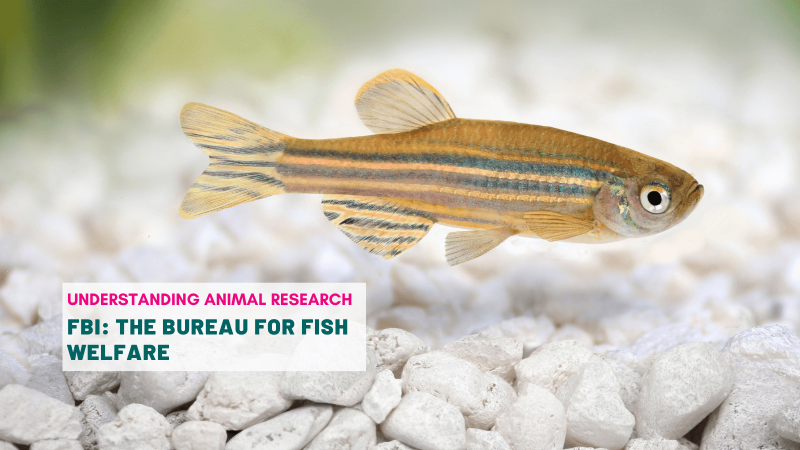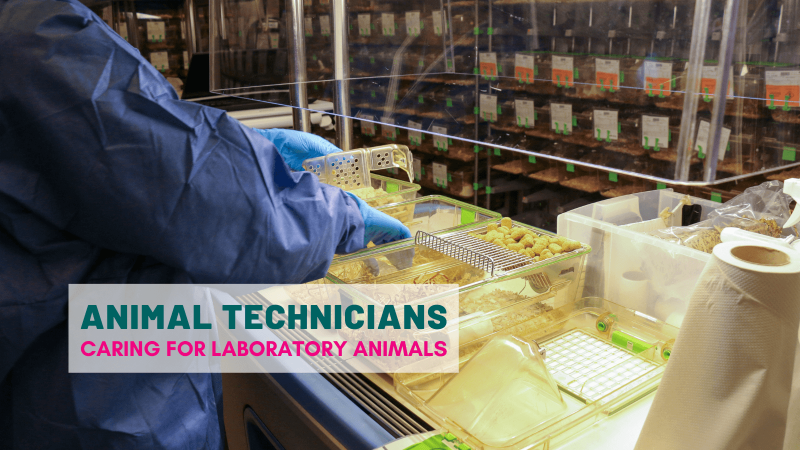Text to go here...
I was relieved to hear yesterday that B&K will be able to go ahead with its plans to build a new dog-breeding facility at its site in East Yorkshire. This is good news for animal welfare and a good example of pragmatism on the part of Government ministers.
When East Riding Council met to consider the original planning application in late 2013, its own specialist planning advisors recommended that the application be approved, but councillors voted by the slimmest of majorities - 5 votes to 4 - to refuse permission.
B&K subsequently appealed, and the appeal received broad support from a wide range of organisations and individuals that want to see medical progress in the UK.
While nobody likes the idea of dogs being used for medical research, and everybody hopes that alternatives can be found so that dogs no longer need to be used, we should be pragmatic about the situation: at the moment, medical research and safety testing in the UK requires the use of some dogs. Surely we should be doing everything we can to make sure that the welfare of the dogs used in UK medical research is as good as it can possibly be?
We cannot deny that anyone taking insulin for diabetes or medication for heart disease has benefited from research using dogs. Open heart surgeryand organ transplantation were made possible thanks to research using dogs. All the vaccines and medicines that our pet dogs receive have been tested in dogs. And most of the rest of our medicines were safety-tested in dogs before going into clinical trials in humans. (The regulatory authorities require that any potential new medicine is tested in two species of mammal - a rodent, and a larger, non-rodent species - before it is allowed to be given to human volunteers in clinical trials. In the UK, the non-rodent animal is usually a dog.)
As the European Commission reported earlier this month, we are not yet at the stage where animal research can be completely replaced by non-animal methods. The law already includes special protections for dogs (alongside monkeys, cats and horses), so that if the same research results could be found using a mouse or a rat or another animal, that other animal must be used instead of a dog.
As it stands, if we want to see new medical treatments, then a small number of dogs will continue to be used in medical research in the UK for the foreseeable future. Personally, I would much prefer that those dogs are bred in the UK, rather than having to be flown in from the US, and housed in buildings that are designed for their optimum welfare. Quite apart from the new jobs it will create, this new facility in East Yorkshire will mean a better life experience for research animals, and should be welcomed by all of us who want to see medical progress.
Last edited: 10 January 2022 11:02




